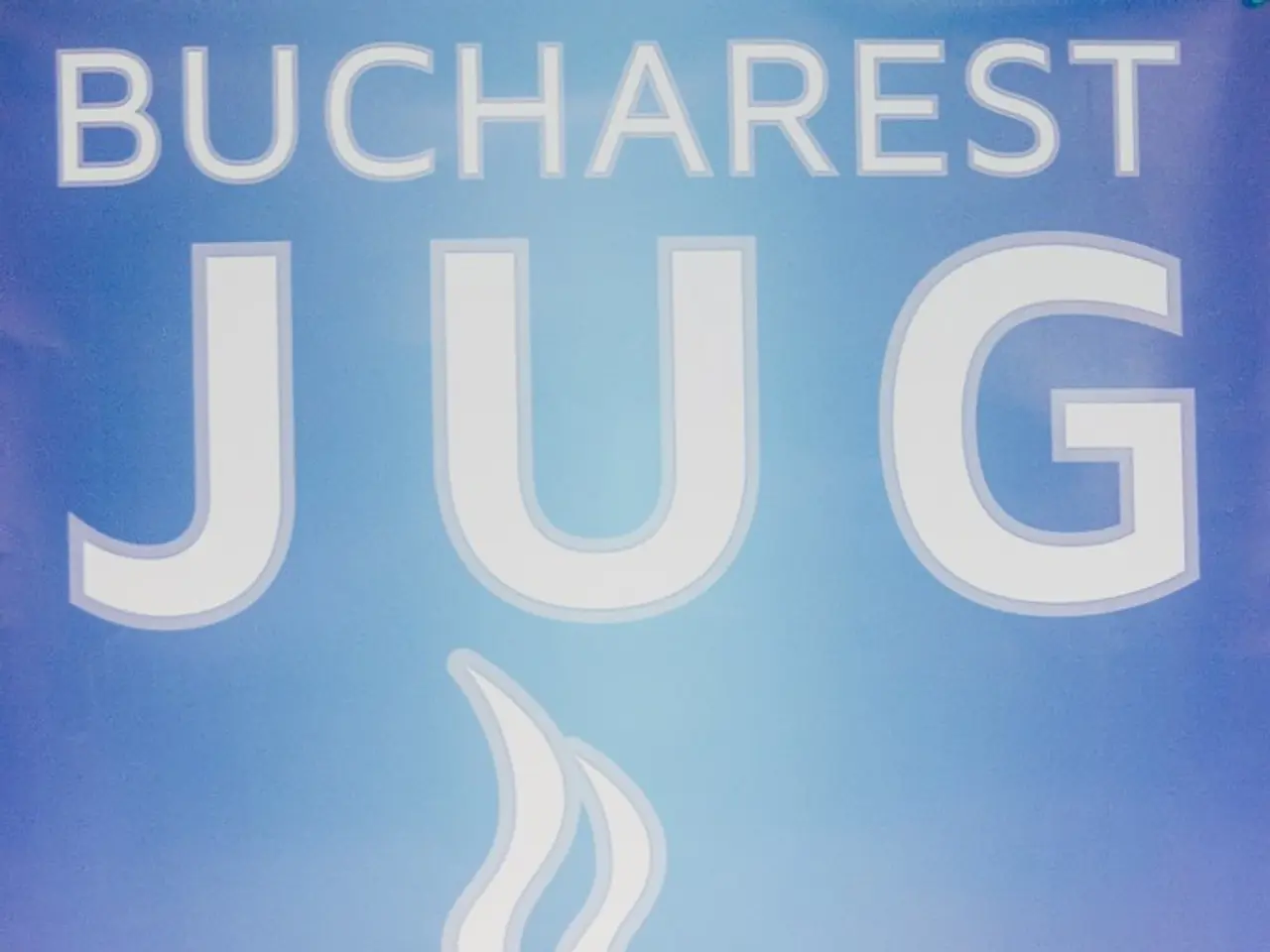GitHub, owned by Microsoft, advocates for the necessity of financial support for open-source projects. Not a groundbreaking observation, is it?
The European Union (EU) is considering the creation of a Sovereign Tech Fund (EU-STF) to support the open source software ecosystem, inspired by Germany’s Sovereign Tech Fund but at an EU scale. The proposal, championed by GitHub (owned by Microsoft), aims to address chronic underfunding in open source maintenance, reduce security risks, and enhance Europe’s digital sovereignty.
As of late July 2025, the proposal is in an advocacy and feasibility study phase. OpenForum Europe (OFE) and GitHub have both published detailed studies assessing how such a fund could work, emphasising its urgency due to the strategic risk posed by insecure and unsupported open source software. These studies are currently being presented to EU policymakers, with an upcoming session at the EU Open Source Summit on August 26, 2025.
The feasibility studies recommend a minimum budget of €350 million over seven years for the EU-STF, pooling contributions from the EU, member states, and industry. This amount, while substantial, is seen as a baseline that needs leveraging by additional public and private investment to truly address the maintenance gap.
Core design principles for the fund include pooled financing, low bureaucracy, political independence, flexible funding, community focus, strategic alignment, full transparency, and ensuring funding aligns with ecosystem needs. Two models have been proposed for the EU-STF: a centralised EU institution with dedicated staff and governance (Moonshot model), or a consortium of member states, pooling initial resources and applying for matching EU funds (Pragmatic model). Both models are under discussion, with arguments for central coordination versus flexibility and faster implementation.
The proposal comes amid a broader EU push for digital sovereignty, a policy priority reinforced by the new European Commission’s establishment of an Executive Vice President for Tech Sovereignty, Security, and Democracy. While open source is seen as a cornerstone for sovereignty, Europe’s broader tech agenda also includes massive investments in AI and digital infrastructure, with a focus on stimulating private capital and scaling up collaboration.
Negotiations for the EU’s next Multiannual Financial Framework (2028–2035) are underway, which would be the main vehicle for funding the EU-STF if approved. Supporters are actively lobbying the European Commission, Parliament, and national governments to include the fund in the budget process.
Daniel Stenberg, founder and lead developer of the cURL project and president of the European Open Source Academy, supports the EU-STF proposal, stating that it can help enforce the open source ecosystem and offer new paths towards sustainability. Amanda Brock, CEO of OpenUK, notes that full details of OpenUK's recommendations are currently unable to be shared as they continue to workshop them with the public sector, but hope a fuller picture will emerge this autumn.
The EU-STF, as proposed, would have a significant impact on Europe's digital landscape, providing a single place for open source maintainers to apply for funds and contributing to the EU economy's annual open source value of $8.8 trillion. The future of the EU-STF depends on the EU’s next budget cycle and ongoing political negotiations over digital sovereignty investment priorities.
- The Sovereign Tech Fund (EU-STF), currently in a feasibility study phase, is proposed to address underfunding in open source software maintenance and reduce security risks, aligning with Europe's digital sovereignty policy.
- Two models have been proposed for the EU-STF: a centralized institution or a consortium of member states, with arguments favoring both central coordination and flexibility in implementation.
- The feasibility studies recommend a minimum budget of €350 million over seven years for the EU-STF, but supporters advocate for additional public and private investment to tackle the maintenance gap effectively.
- As the EU-STF could impact Europe's digital landscape significantly, contributing to an annual open source value of $8.8 trillion, its future depends on negotiations for the EU's next Multiannual Financial Framework (2028–2035) and ongoing discussions about digital sovereignty investment priorities.




